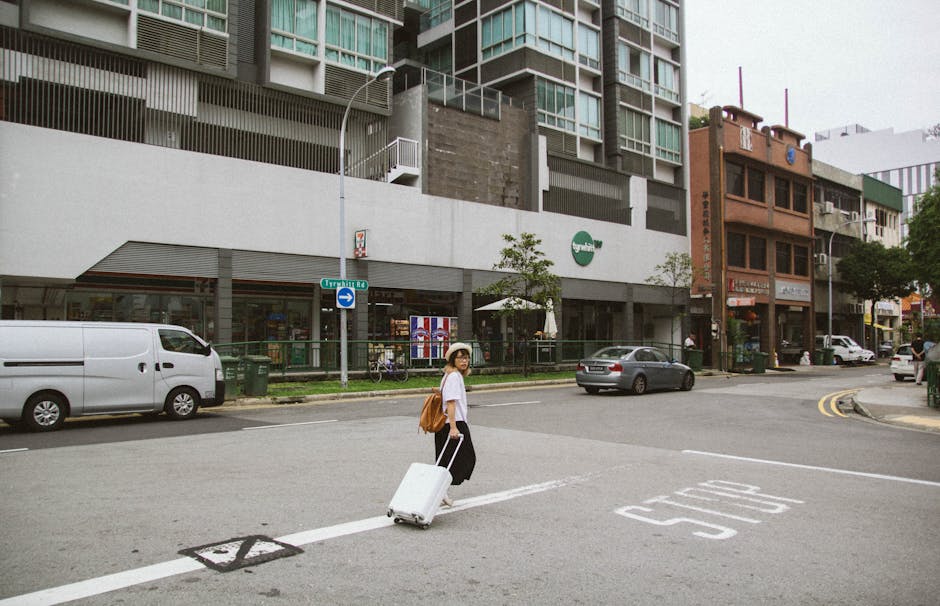
1. The SBF Flats or BTO
The House Development Board of Singapore or HDB are the ones authorized to sell directly the BTO or Build-To-Order flats or SBF also known as Sale of Balance Flats but only to Singaporean citizen. The permanent residents are not qualified to buy properties from the HDB of Singapore unless they have reached the minimum of three being a permanent resident. The foreigner too is not eligible to buy this type of property, however, if you are a foreigner that has a Singapore fiance/fiance and you're both planning to stay in Singapore then the restriction is uplifted for you.
2. The Resale Flats
These are the flats available for permanent residents in Singapore who had reached the minimum of three years of being a permanent resident in the country, however, these types of flats aren't the brand new flats since the brand new flats are only sold exclusively for Singaporean citizen.
If you are a permanent resident but aren't Malaysian national, then you still need to check the EIP and SPR quota. The EIP and the SRP set 5 percent non-Malaysian and 8 percent permanent resident per block in the public housing neighborhood
3. The Executive Condo
For places like Singapore, the living place often tells the income of the certain household such as when your income is above average then you can buy properties in an executive condominium which are more elegant than in public housing, of course. The brand new condos are not for sale for permanent resident in Singapore. The permanent resident can buy those resale condos that had been used for 5 years and those condos that had been used for 10 years and above are open for foreigner buyers.
4. Private Restricted Properties
You are lucky if you are a Singaporean citizen because if you have the resources, there is no restriction on the types of properties that you can buy. In permanent resident cases, it is quite different since before they can buy private properties that fall into the category of restricted, they shall need a permit from the Ministry of Law in Singapore.
Additional Information:
Buying properties in Singapore come with the obligation to pay the buyer's stamp fee. The buyer's stamp that the buyer and the seller shall pay will depend on the market value of the property and the type of their residency.
Case number 1: If the buyer is a Singaporean citizen, he/she will not pay for buyer's stamp if the property is brand new. If it is second hand, he/she will pay 7percent of the market value of the buyer's stamp or 10 percent if he/she is the third owner already.
Case number 2: For permanent resident that qualify to buy brand new property he/she will pay 5 percent of the market value for the buyer's stamp fee, 10 percent of the market value for buyer's stamp if otherwise. If the permanent resident already owned a property but wish to buy another, the permanent resident will pay another 10 percent of the market value of the property as an additional fee apart from the buyer's stamp fee on the transaction.
Case number 3: For foreigners who buy property in Singapore, they need to pay for buyer's stamp much higher rate than permanent resident and Singaporean resident pay. Regardless of whether the property is brand new or secondhand, they need to pay 15 percent of the market value of it for the buyer's stamp.





No comments:
Post a Comment